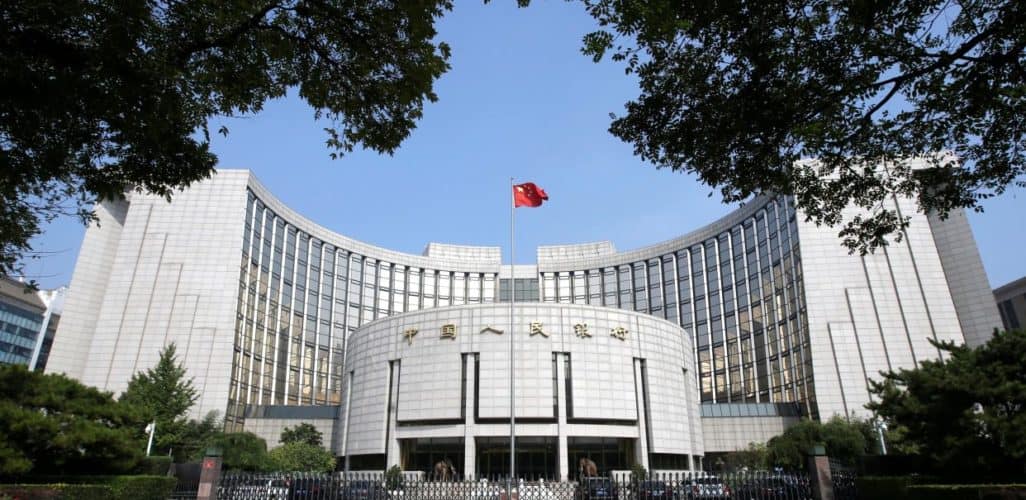The Central Reserve Bank of Turkey (CRBT) said on Saturday that it has decided to change its reserve ratios to facilitate liquidity in credit flow, as the Turkish economy shows signs of slowing down.
In an official statement, the CRBT said that Turkish Lira reserve requirement ratios had been reduced by 100 basis points for deposits and participation funds with maturities up to 1 year and for other liabilities with maturities up to 3 years. The apex body added further that it had reduced the reserve ratios by 50 points for other liabilities. Commercial Banks will now be allowed to hold 10% of their reserved requirements in gold an increase from the previous 5% stipulation.
The announcement came days after the CRBT Governor Murat Cetinkaya said to the media that he was considering adjustments to the Lira’s liquidity. Even last year, when the currency was in free fall, the Governor had reduced the reserve ratios for Lira and foreign exchange deposits. However, the reduction this time around is targeted towards credit flow instead of stabilizing the currency.
The Turkish Treasury and finance ministry stated earlier this month that the country would not have to cross the IMF for either loans or technical support. The largest economy in the middle east, Turkey has been continuously knocking the doors of economic crisis for the past several months. Berat Albayrak, Turkish Finance Minister, said on Friday that economic markers are on the rise, as the Turkish economy continues to protect its durability through every internal and external shock.
The Lira’s depreciating value against the US dollar continues to pose serious challenges, especially for small business owners. The diplomatic tussle between Ankara and Washington over the detention of US pastor Andrew Brunson has led to a multi-fold increase in inflation rates. Nonetheless, Standard and Poor’s, an economic rating firm said on Friday that it had affirmed Turkey’s sovereign ratings with a stable outlook. S&P believes that the markets have improved considerably since August last year, though it expects the consequences will weigh on Turkey’s economic prospects in the near to medium term.
Turkey posted a 1.6% drop in the GDP growth rate for the December quarter as compared to the preceding year’s corresponding period. This was the country’s worst performance in two years, and economists expect a contraction in growth rate for the last quarter of 2018, as well as the first quarter of the next financial year. The fresh step being taken by the CRBT will allow commercial banks addition money at their disposal which could be used for churning out loans, which shall increase credit flow in the economy.
The two consecutive quarters of slowing GDP rate will push the country in a technical recession. According to a forecast compiled by Bloomberg, the economy may shrink for the first three quarters in a row, though situations might improve after June 2019.
Turkey’s fourth-quarter GDP report is due for release on March 11.




